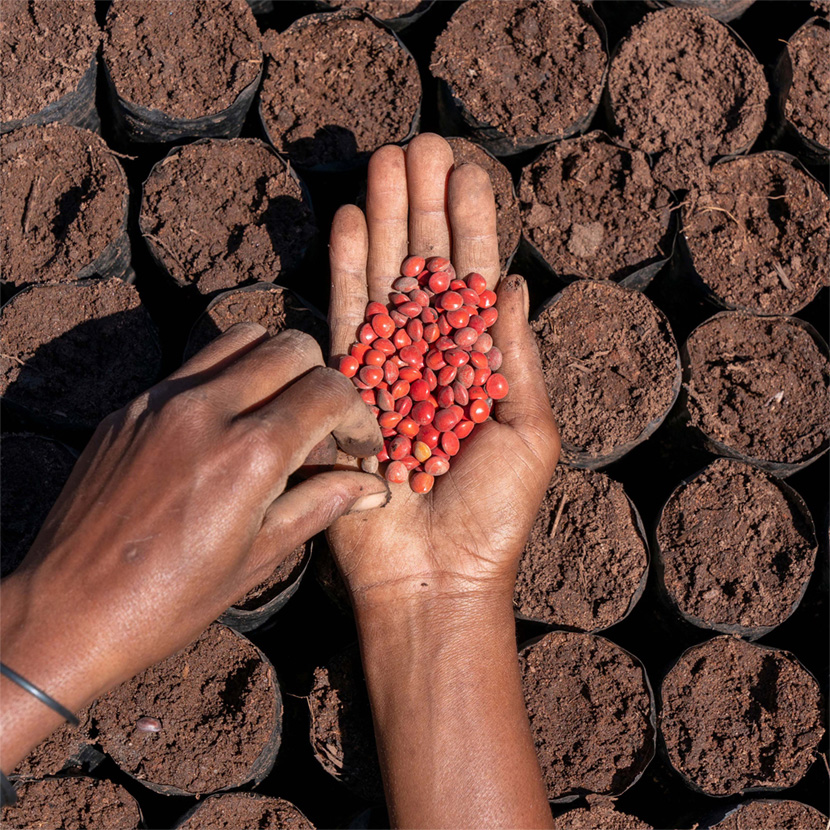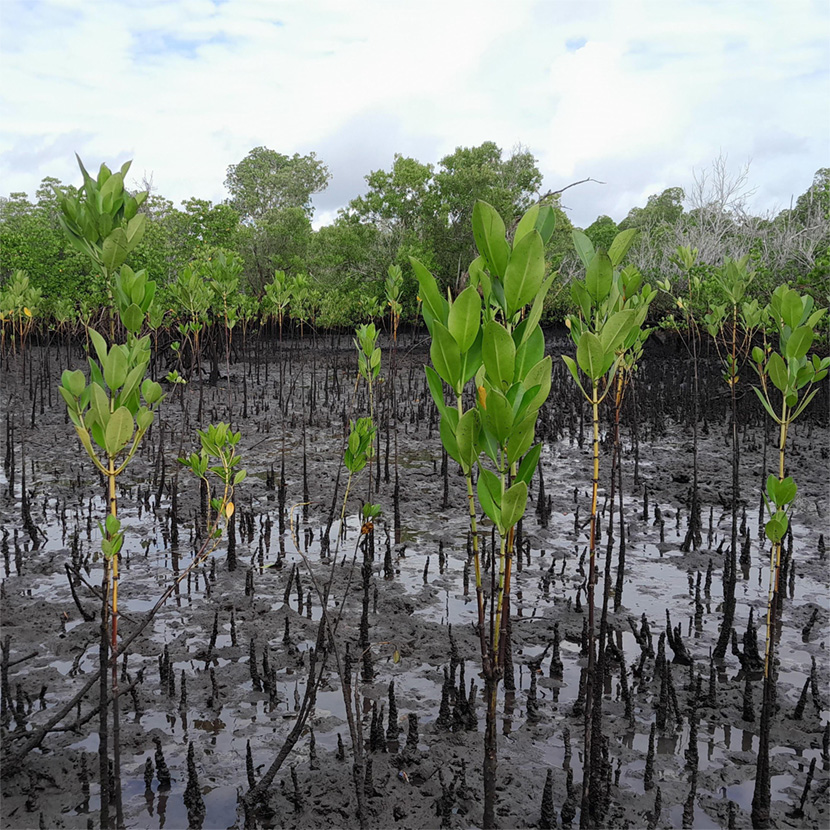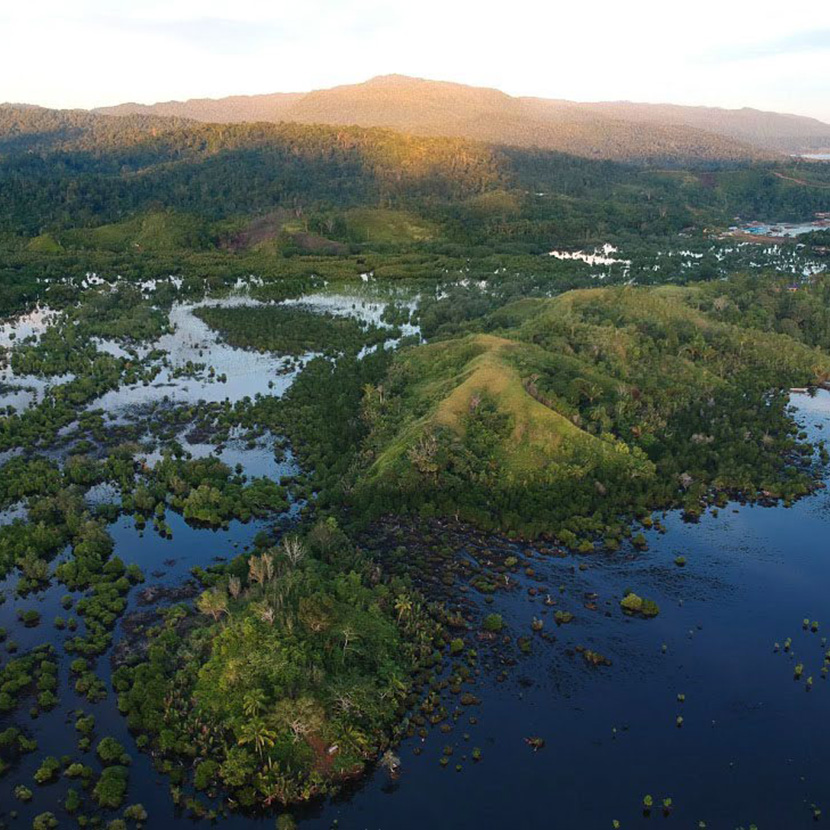V-STORY
Eden Reforestation Projects – Planting Trees for the Future


Helping to create paradise on Earth
Who doesn’t imagine the Garden of Eden, or paradise, to be a wonderful garden landscape with strong, lush green trees? Presumably it was such a paradise-like image of unspoilt nature which inspired the name of Eden Reforestation Projects.
At Eden Reforestation Projects, it’s all about the trees. Or, to be more precise, it’s about reforestation – all over the world! At Eden, they’re ready to get their hands dirty – with spades, earth, and seedlings. Read on to find out what motivates the people behind Eden Reforestation Projects, and what successes they have already been able to achieve.
VELIVERY: The numbers and results given on your website are impressive. Development has been rapid. When did it all start? And who are the founders of Eden Reforestation Projects?
Eden: Eden Reforestation Projects (Eden) was founded in 2005 by Stephen Fitch, who remained our CEO until 2022. Bryan Adkins has since taken on that role, bringing with him two decades of experience in the environmental sector, including direct involvement in landscape management in both the compliance and voluntary carbon markets. Leaning on his many years of experience working directly with communities on the ground, Bryan is leading Eden into its next phase, a holistic approach to Landscape Restoration to address the challenges facing both people and planet.
In the beginning there was an idea…
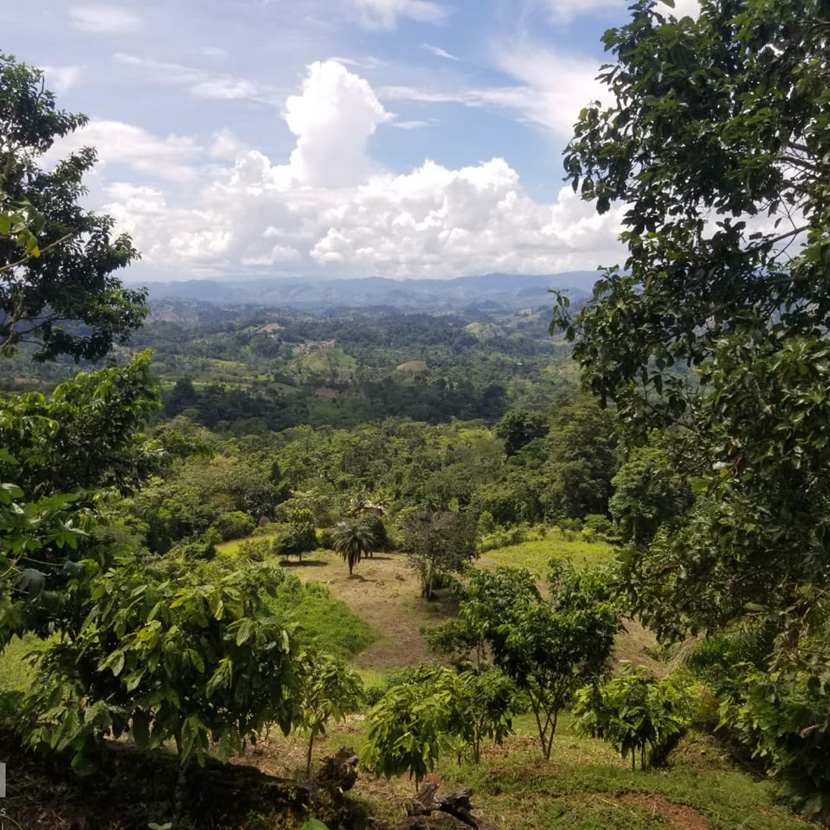
VELIVERY: How should we picture the beginnings? What was the initial idea?
Eden: Eden began its journey in Ethiopia when the country’s president at the time, H.E. Hailemariam Desalegn from the Southern Nations and Nationalities People’s Region, asked Stephen to take over an unsuccessful and abandoned reforestation project. Stephen quickly identified a link between environmental degradation and poverty, and in turn, hired local community members to plant and care for trees. It then grew from there.
VELIVERY: Did you start planting trees somewhere or did the idea come first and you tried to gain interested people and companies to support you? Tell us a little bit about how Eden first kicked off.
Eden: As of that first project in Ethiopia, Eden has always made sure to approach the communities surrounded and impacted by the degraded and deforested landscapes before launching a project. Only with the communities’ buy-in and partnership does Eden move forward with restoring and preserving ecosystems by addressing and mitigating the drivers of landscape degradation.
VELIVERY: Today Eden seems to be a global enterprise. What is its overall mission and why is this so successful?
Eden: Eden’s mission is to foster healthy relationships between communities and the land on which we all depend through Landscape Restoration and conservation. Landscape Restoration is successful because it is a much larger, longer, and more comprehensively planned method of restoration, enabling our teams, in partnership with local communities and other stakeholders, to address the systemic problems that contributed to the region’s degradation and deforestation in the first place. As a global nonprofit, Eden is committed to fostering profound, long-term impact for both people and the planet, resulting in truly sustainable landscapes that thrive in perpetuity.
VELIVERY: In which countries of our beautiful planet are you active?
Eden: We are currently partnering with communities in Madagascar, Mozambique, Kenya, Ethiopia, Nepal, the Philippines, Honduras, and Brazil.
Eden Reforestation Projects in Kenya
VELIVERY: Since we at Velivery support the project in Kenya in particular, we are especially interested in learning more about how your projects there are developing and how the forest is growing in the landscape of this beautiful but already badly deforested country in Eastern Africa.
Eden: Eden is one of the largest restoration organizations in Kenya with long-standing partnerships with local and national government agencies. As of our latest update, we’ve planted nearly 5 million mangroves at our General Planting site in Kenya, Milihoi/Kichwa cha Nyoka. I’ve included a few photos to showcase its progress. I hope you enjoy!
We’ve also launched our first Kenyan Landscape Restoration Project in Lamu County. At 154,000+ hectares, this project is an expansion and evolution of Eden’s ongoing mangrove reforestation work in the Southern Swamp management block of Lamu County. With the help of donors, Eden has put 1,000+ hectares on a restoration trajectory, developed and scaled two innovative propagation and restoration methods, and provided fair wage employment and micro health insurance to restoration teams.
VELIVERY: All this means a lot of logistics work, too, we guess. How does the seeding, planting and growing from the „nurseries“ to the forest actually work? Eden: This will depend on the restoration site in question, the species of trees being planted, and the appropriate restoration method being used.
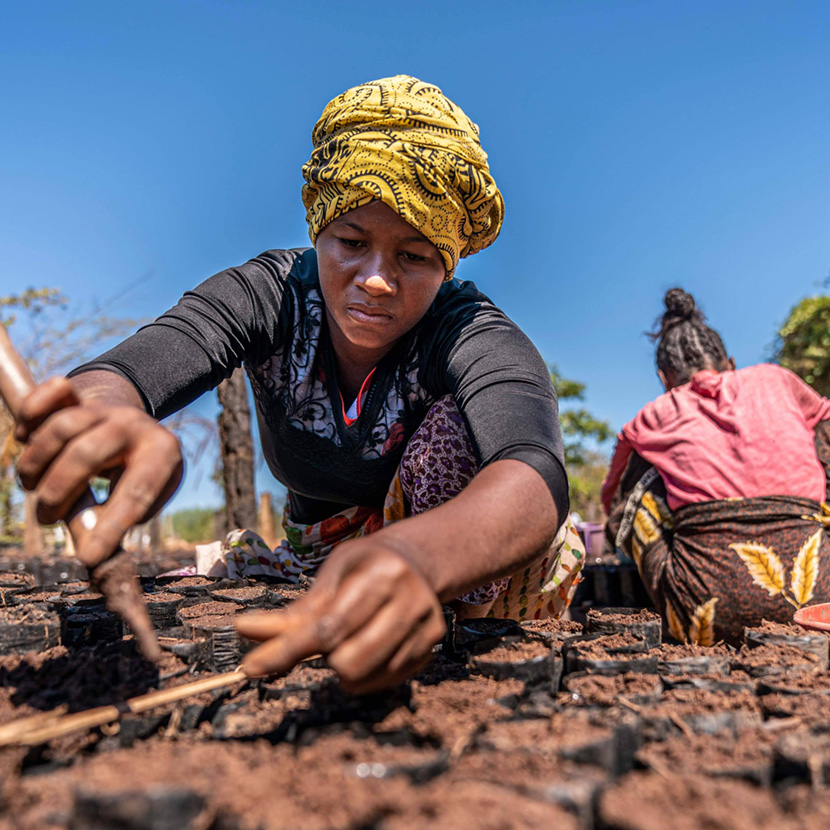
It all starts with little seedlings
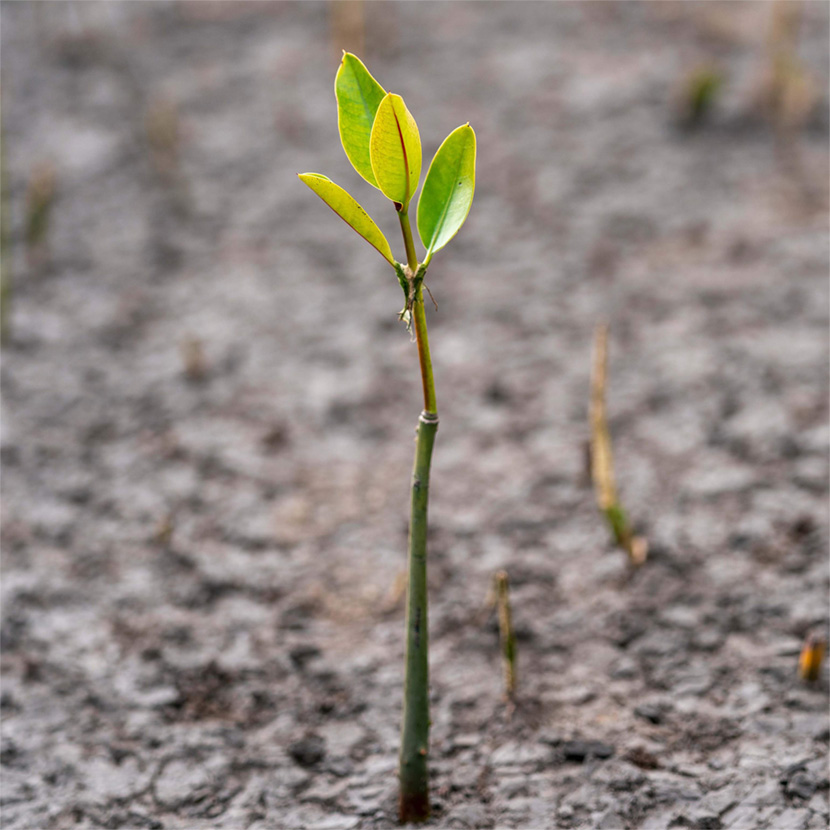
First, seeds and/or propagules are largely collected from remaining forests, highlighting the importance of conserving standing forests while also restoring degraded ones. What isn’t collected is purchased from local communities when possible.
For terrestrial seedlings, the nursery team prepares seedlings by species for site transfer according to the numbers requested by the planting team. In this transfer, the nursery team submits a report detailing the number of trees per species sent to the site. When the planting team receives the seedlings, they cross-check the confirmation report with what they receive and note any seedlings damaged during the transfer that need to be nursed back to health.
At the end of the planting day, the team leaders count the seedling bags from each planter to ensure the number of bags used matches the numbers in the report.
For mangrove planting, the propagules are counted and sorted into piles of 50-100 (depending on species) according to the daily target. Then, each species and the number of propagules are tracked as each pile is planted. At the end, the total number of remaining piles (if there are any) is used to confirm the number of tree species planted.
VELIVERY: Our customers probably know already, but could you briefly emphasize what the benefits are of planting trees on such a large scale?
Eden: Large-scale restoration offers a wide range of environmental, social, and economic benefits. For example, trees absorb carbon dioxide, helping to mitigate climate change by reducing the concentration of greenhouse gases in the atmosphere. Forests also provide habitats for a diverse range of plant and animal species, improve air and water quality, regulate temperature, prevent soil erosion, and help regulate water cycles. They also provide numerous socio-economic opportunities – whether that be through ecotourism, recreational activities, sustainably sourced renewable resources, or improved mental health and wellbeing. Working in partnership with communities to design projects and implement them helps ensure communities are invested in the long-term transformation of their landscape.
Of Trees and People
VELIVERY: Most people love trees anyway. What is so great about trees from your point of view and why did Eden Reforestation Projects put them at the heart of all your efforts?
Eden: Trees are an incredibly simple tool to help communicate what is an extremely complex issue. They can easily be counted, and communicated in a way that allows our donors and their clients to envision their impacts. We’ve since recognized, however, the need to amplify our efforts and address broader ecological and socio-economic challenges. I strongly encourage any readers to check out our Landscape Restoration projects launched just last year in 2023. It is the large-scale, long-term restoration and conservation of sustainable landscapes that ultimately results in the multiple impacts mentioned above. Trees are a critical input into this complex equation, and will always play a vital role in our work, but we must also focus on addressing the historical drivers of degradation, looking towards sustainable livelihood opportunities to achieve the long-lasting change we are striving for.
VELIVERY: But Eden Reforestation Projects is also a social and charity undertaking, isn’t it? How does Eden Reforestation Projects support the livelihoods of the local people, farmers and others, in the countries you are active in?
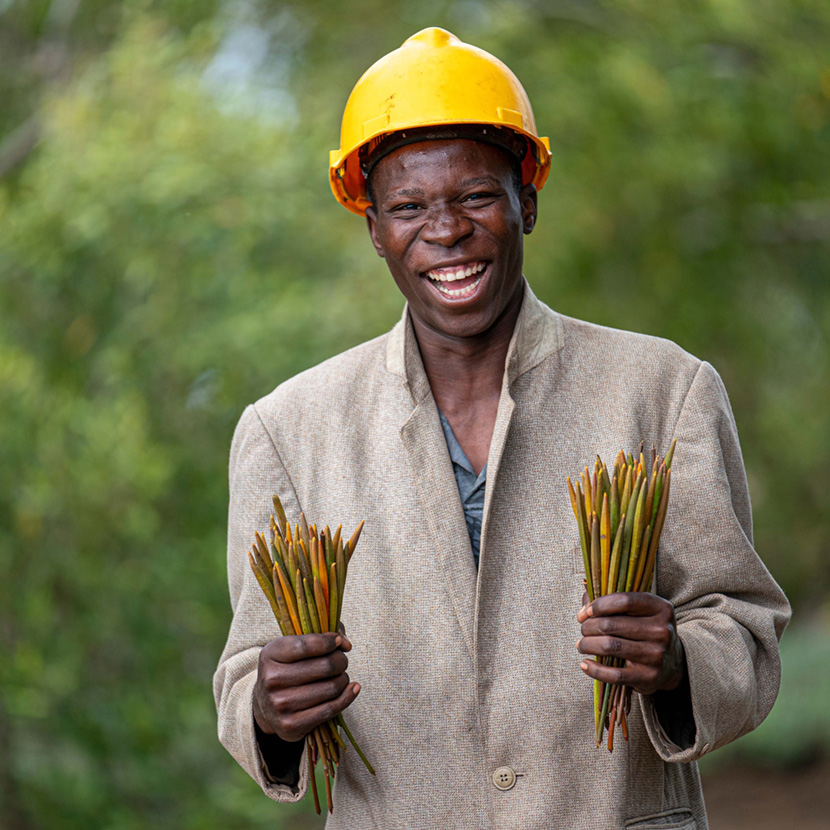
Eden: That’s correct! The communities we work with have always been central to Eden Reforestation Projects’ work. Historically, our model was simple yet effective: providing income to underserved communities in exchange for restoring their surrounding environment. Today, it is that and much more. Landscape Restoration takes a more holistic approach to restoration and conservation that generates deeper socioeconomic benefits based on intensive engagement with community stakeholders. In addition to providing estimates for the number of people employed, for example, alternative income activities and initiatives will be established (such as beekeeping and climate-smart agriculture).
VELIVERY: Our customers support your wonderful vision: purchasing from Velivery means newly planted trees. That makes us really happy. Are there other ways to support you?
Other ways to give your support
Eden: We would love that! Individuals interested in supporting Eden in other ways can choose from any of the following options:
- Make a Donation: By donating to Eden, you are supporting the design and implementation of landscape restoration to generate long-term environmental, socioeconomic, and biodiversity benefits for the well-being of communities and the planet. No matter the size of your gift, you are contributing directly to our large-scale work.
- Mobilize your Network: Celebrate a special occasion, support athletic goals, or honor loved ones by helping raise funds with your network to address the interrelated pressures of climate change, ecosystem degradation, and poverty through Landscape Restoration.
- Shop Online: Support our mission with every online purchase you make by selecting Eden Reforestation Projects as the organization you want to support at Goodshop.com. For every purchase you make, Goodshop will donate a percentage of your total order at no additional cost.
VELIVERY: Do you accept visitors on your sites? And are there possibilities to learn about or from your experiences?
Eden: We do. However, to curb disruptions to the work being done, as well as to respect the safety and privacy of the communities we work with, we limit site visits to business partners that meet a specific set of criteria. Unfortunately, we can’t accommodate each interested individual – however much we would love for all our supporters to see the great work being done in person!
VELIVERY: In a nutshell: what are your successes so far and what is new or which further goals did you set?
Active in eight different countries
Eden: Since our first project in Ethiopia back in 2005, Eden has successfully expanded its operations to seven additional countries across Africa, Asia, and the Americas – with over 255,000 hectares of land under management.
Right now, our teams are hard at work identifying and launching Landscape Restoration projects in each of our active project nations. So far, we’ve launched projects in Kenya, Mozambique, Brazil, and Honduras. Coming up soon will be Madagascar, Ethiopia, and the Philippines.
VELIVERY: Do you have a short message for our customers and readers to inspire them or increase awareness?
Eden: Landscape Restoration cannot be done by any one person or organization. It’s a massive undertaking that requires partnerships of every kind, shape, and size. To form those partnerships, we need to spread awareness. Follow us on Facebook, Instagram, Twitter, LinkedIn, and YouTube and share our content with your friends to raise awareness about Landscape Restoration and community development. We encourage you to share our updates and the impacts our work has on your platforms!
VELIVERY: We wish you the best of luck and good support for all your new Edens and we will for sure keep taking part in your vision. Thanks a lot for this enlightening and encouraging interview!
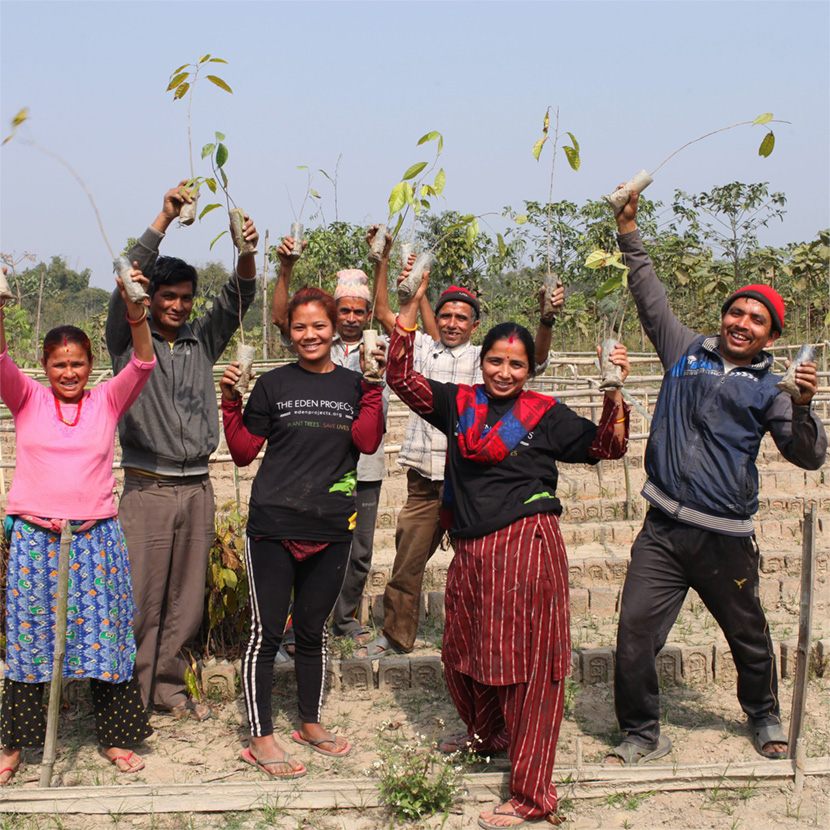
Forests for people, animals and climate
Wow, isn’t that impressive?! The work of Eden Reforestation Projects protects and regenerates ecosystems by planting new trees. And they work with the people and communities on the ground to create jobs and strengthen the economy in the country in question. This helps us all: the people on the ground, us, and future generations – by keeping nature intact and contributing towards a more stable climate. And, last but not least, the countless animal species which are given a habitat in these new forests.
Here at Velivery, it’s particularly exciting, because we’re a part of it all! And the best thing about it is that you are, too!
A tree with every order
Every time you shop at Velivery, you’re doing your bit for the environment. Because every time you order, we have a tree planted for you in Kenya. We want to see trees grow! A whole load of trees have been planted already. And each order means another tree gets planted!
